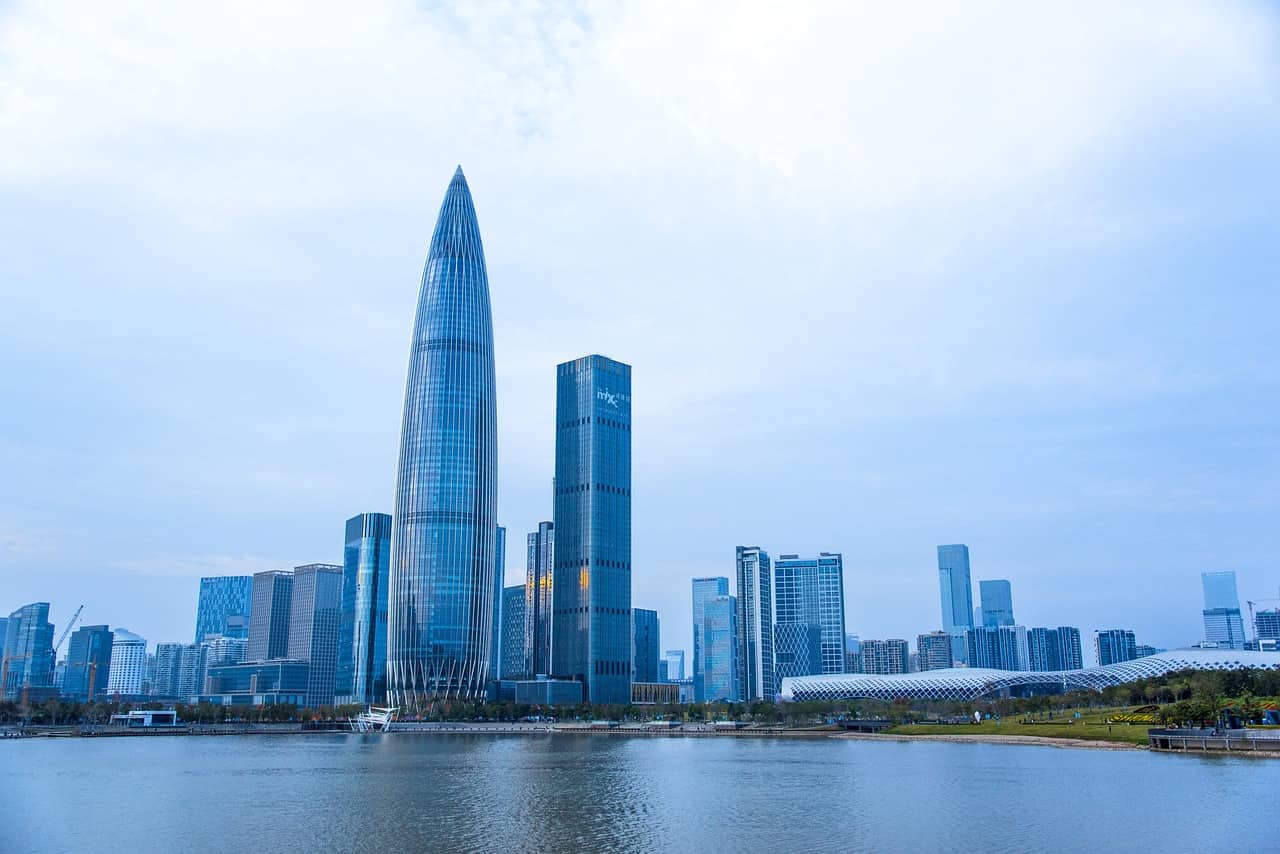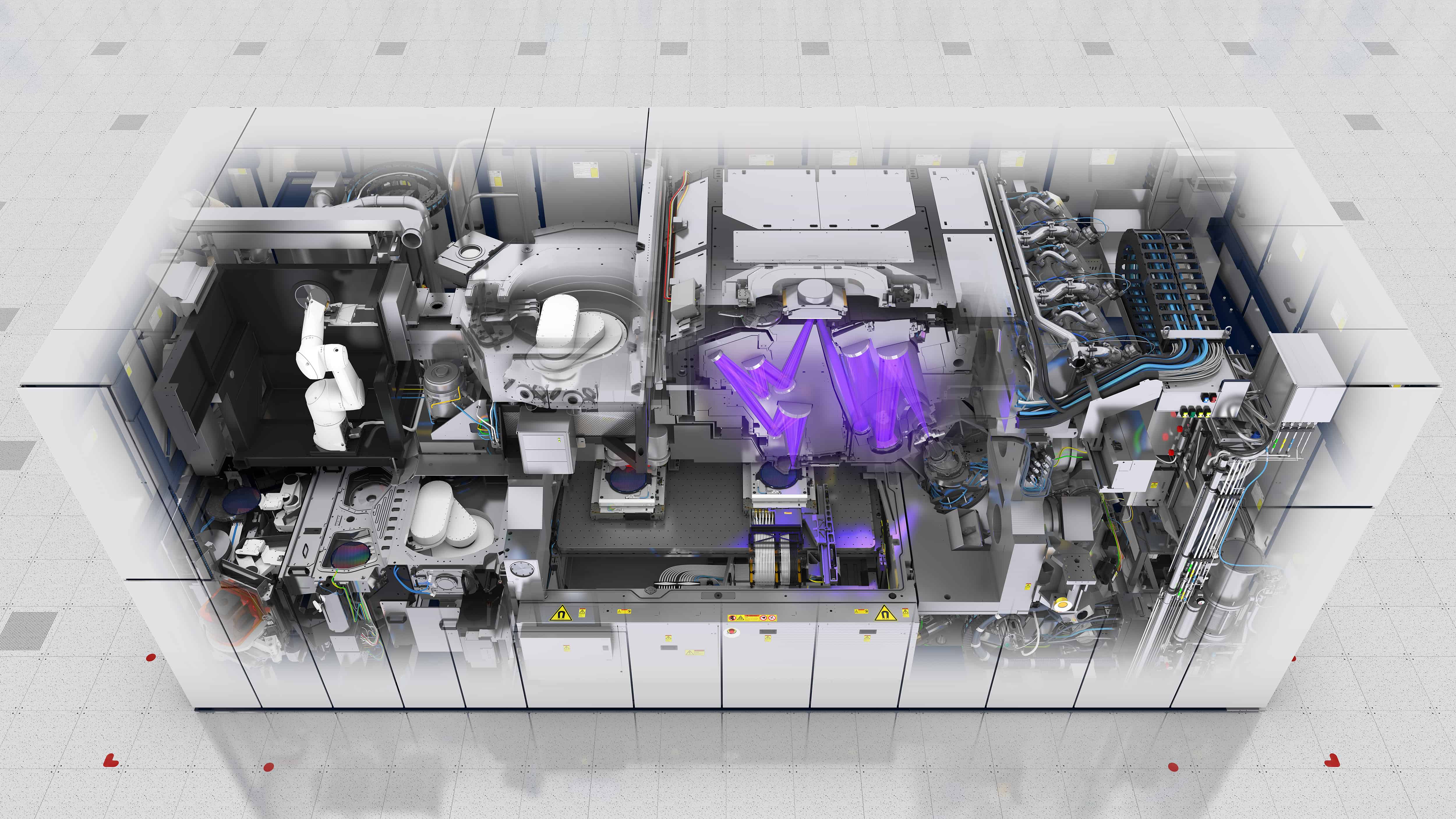
UPDATE: more information on ASML’s growing export to China in the last paragraph
The US government has unveiled a fresh set of export control regulations, putting further constraints on the export of advanced chip manufacturing technology. With the new rules coming into effect halfway November, chip manufacturing giant ASML is bracing for potential implications. Initial assessments indicate that the regulations would predominantly affect a handful of advanced semiconductor manufacturers in China. “These export control measures will likely have an impact on the regional split of our systems sales in the medium to long term”, ASML says in a statement.
While ASML prepares for a shift in regional sales distribution, the firm remains confident that the financial projections for 2023 and beyond will remain largely unscathed. As they seek further clarification from US authorities, ASML reiterates its commitment to comply with all relevant legal and export control regulations.

Steeper export controls on chip tech
The US Bureau of Industry and Security (BIS) has implemented stricter export controls on several technologies, including gallium oxide and diamond substrates for ultra-wide bandgap semiconductors, software for designing integrated circuits, and Pressure Gain Combustion (PGC) technology for gas turbines. These controls aim to safeguard US national security, aligning with the Wassenaar Arrangement.
The restrictions on Electronic Design Automation (ECAD) software are likely to have a minimal short-term impact on China’s chipmaking industry. However, these controls could retard future advancements in sub-3nm processes. This new wave of restrictions comes after the US introduced similar measures on chip manufacturing tools, which led to a reported decline in Huawei’s revenues.
China’s resilience in the face of US sanctions
Despite the US export controls, China’s largest chip manufacturer, SMIC, managed to produce the advanced chips used in Huawei’s newly launched Mate 60 Pro smartphone. This achievement symbolises China’s growing autonomy in the semiconductor sector. However, there are doubts about Huawei’s ability to mass-produce chips without relying on Western tools, and their use of lagging-edge technology could limit their ability to compete effectively.

ASML’s CEO has voiced concerns about the effects of migration restrictions and the potential dangers of isolating China. He also highlighted that China is actively seeking to develop its own machines to rival ASML. Despite facing sanctions, Huawei continues to disrupt the US-China tech competition and challenges global trends in the semiconductor industry.
Implications for the global semiconductor industry
The export control measures are likely to impact the regional distribution of ASML’s system sales in the medium to long term. However, the company does not anticipate these measures to significantly influence their financial outlook for 2023 and their long-term projections for 2025 and 2030.
The US Commerce Department’s revised export control measures are designed to prevent China from acquiring advanced computer chips and chip manufacturing equipment. These revisions include a ‘grey zone‘ for chips potentially used for military purposes, restrictions on chip exports to companies under a US arms embargo, and new requirements to make it more challenging for China to manufacture advanced chips abroad.
Broader geopolitical implications
These new export control measures could escalate tensions between the US and China, potentially influencing dynamics within the Asia-Pacific Economic Cooperation. The controls could also affect the global tech competition, particularly between the US and China, but with Europe fully involved, if only through the role ASML is playing.
Chinese resilience is evident in the face of these measures, and the impact of these sanctions may backfire if they do not deliver swift results. Chinese officials have called for concrete actions by the US to improve relations, including changes in US policy on technology and Taiwan.

Impacts on other sectors
ASML’s sales to China account for 15% of its revenue, and the ban will have consequences for the global economy and exacerbate chip shortages. The ban was imposed due to pressure from the US, exposing Europe’s weakness. These export control measures could also impact other sectors heavily reliant on semiconductors, such as automotive, consumer electronics, and telecommunications. As these industries grapple with the impacts of the new export controls, ASML – for now – continues to navigate the changing landscape with resilience and commitment to compliance. Still, one of Europe’s biggest companies warning that “export control measures will likely have an impact on the regional split of our systems sales” cannot be ignored.
Q3 Results: China is even more prominent for ASML
ASML’s quarterly figures announced Wednesday show that China was by far the most important sales market for the Veldhoven-based company. A stunning 46 percent of exports went to that country. A year earlier in the same period, this was 15 percent; in Q2 of 2023, it had already risen to 24 percent. According to the company, this was mainly due to a temporary decline in demand from other customers, which made room for demand from China. The company emphasizes that all this is happening within the limits of export controls. At 6.6 billion euros, revenue last quarter was slightly higher than last year’s; profit was also slightly higher. That ASML suffers from declining demand is especially visible in added orders worth 2.6 billion euros. That was 8.9 billion euros, a year earlier.







